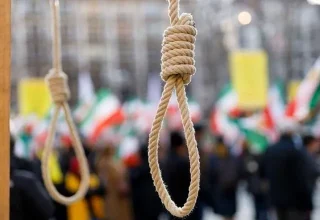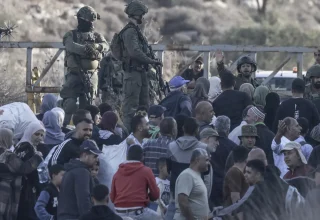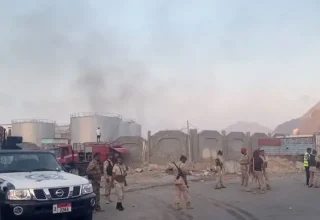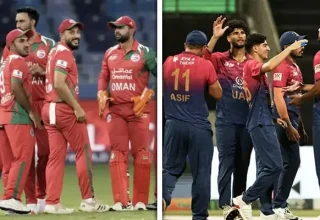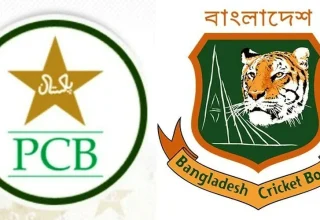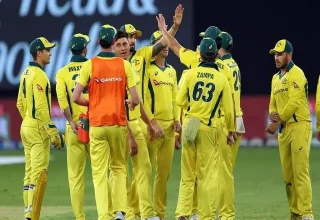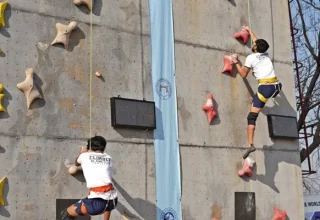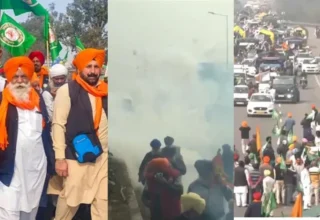
Hundreds of thousands of farmers marching towards New Delhi for the long haul carrying enough ration and diesel to last for months, as the borders have been sealed to prevent them from entering India’s capital.
The farmers began their march this morning from Fatehgarh Sahib after late-night talks with a government delegation in Chandigarh failed.
Delhi has been fortified to stop the farmers from entering the city, with key border points – Ghazipur, Tikri, and Singhu – barricaded. A month-long Section 144 has been imposed in Delhi.
The march, the latest in a series of such protests going back more than two years, comes months ahead of national elections in which Prime Minister Narendra Modi will seek a third term, with farmers forming an influential voting bloc.
An Indian news magazine said Tuesday that the government had ordered it to delete an online report that implicated soldiers in the torture and killing of civilians in disputed Kashmir.
Rights groups say that restrictions on the press are increasingly common in India and particularly onerous in Kashmir, a restive Himalayan region where India has more than half a million troops permanently stationed.
The Caravan, a news and current affairs monthly, last week published a lengthy report on the deaths of three civilians detained by the army in December after a deadly insurgent attack on troops.
The magazine said Tuesday that the information ministry had sent it an official order demanding the story be taken down within 24 hours.
“The order’s content is confidential,” the magazine said in a post on X, formerly Twitter. “We will be challenging this order.”
Caravan did not respond to AFP’s request for comment. The information ministry declined to comment.
The three men killed were part of a group rounded up by security forces in the aftermath of the December insurgent attack, which left three Indian troops dead.
India’s army promised an inquiry into the detentions after news of the deaths became public, while others who were taken into custody said they were tortured.
Their accounts were corroborated by footage of some detainees being physically abused by security forces that was leaked and shared widely on social media soon afterwards.
Kashmir has been divided between India and Pakistan since independence, with both countries claiming it in full.
Tens of thousands of soldiers, rebels and civilians have been killed since the outbreak of an insurgency against Indian rule in 1989.
India blames Pakistan for backing the militants, a charge Islamabad denies, saying it only supports a Kashmiri struggle for the right to self-determination.
Official takedown orders compelling the removal of critical reporting and opinion have become an increasingly common tool of Modi’s government.
The order against Caravan was “reflective of the increasing censorship that is being imposed on speech on the internet in India”, Prateek Waghre of the Internet Freedom Foundation, a local digital rights group, told AFP.
“We’re seeing more instances of such action for reporting that is inconvenient for the government,” he added.
India has fallen 21 spots to 161 out of 180 countries in the World Press Freedom Index, compiled by Reporters Without Borders, since Modi took office in 2014.






